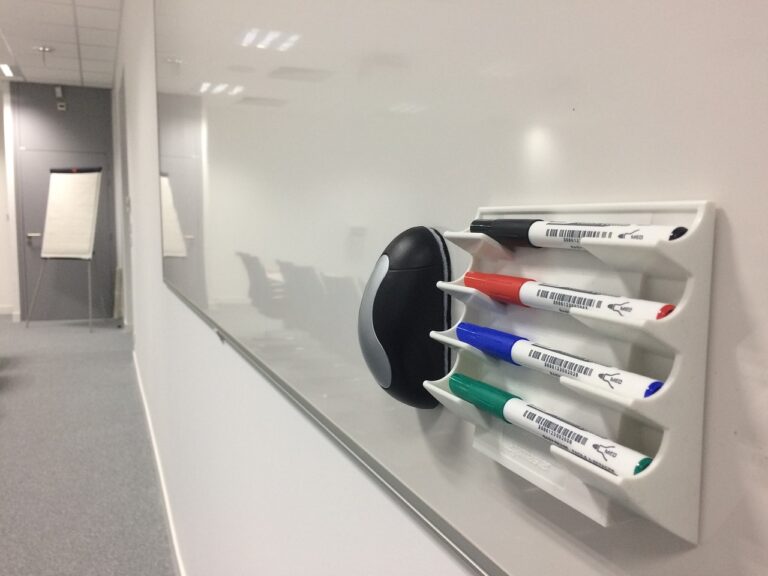Examining the Role of Educational Leadership in School Improvement
Developing a clear vision and mission is fundamental for driving school improvement initiatives. It provides a sense of direction and purpose, guiding decision-making and efforts towards specific goals. A well-defined vision and mission create a shared understanding among stakeholders, fostering a common identity and rallying everyone around a common cause.
When school leaders establish a compelling vision and mission, it inspires a sense of unity and motivation within the school community. Teachers, students, parents, and staff are more likely to be committed to the school’s improvement journey when they feel connected to a greater purpose. Moreover, a strong vision and mission serve as a roadmap for continuous improvement, ensuring that efforts are aligned and focused on achieving desired outcomes.
Building a Positive School Culture through Leadership
To foster a positive school culture, effective leadership plays a fundamental role. School leaders serve as the guiding force, shaping the values, behaviors, and overall atmosphere within the school environment. By setting a clear example of positivity, respect, and collaboration, leaders can inspire and influence the entire school community.
Through strong leadership, schools can create a sense of unity and common purpose among staff, students, and parents. When leaders prioritize open communication, transparency, and inclusivity, they promote trust and cooperation within the school community. This collaborative environment not only enhances morale and engagement but also leads to improved academic performance and overall school success.
Effective Communication Strategies for Educational Leaders
Communication is a vital skill for educational leaders to master as it plays a crucial role in fostering a positive school environment and driving success. Effective leaders understand the power of clear and concise communication, whether it is conveying expectations to staff, providing feedback to students, or sharing updates with parents. By honing their communication skills, educational leaders can establish trust, build relationships, and inspire others to work towards a common goal.
One key strategy for effective communication is active listening. Educational leaders should make a conscious effort to listen attentively to the concerns, ideas, and perspectives of their team members. By engaging in active listening, leaders demonstrate empathy, respect, and a willingness to understand different viewpoints. This not only strengthens relationships within the school community but also allows leaders to make more informed decisions and take appropriate actions to address issues effectively.





